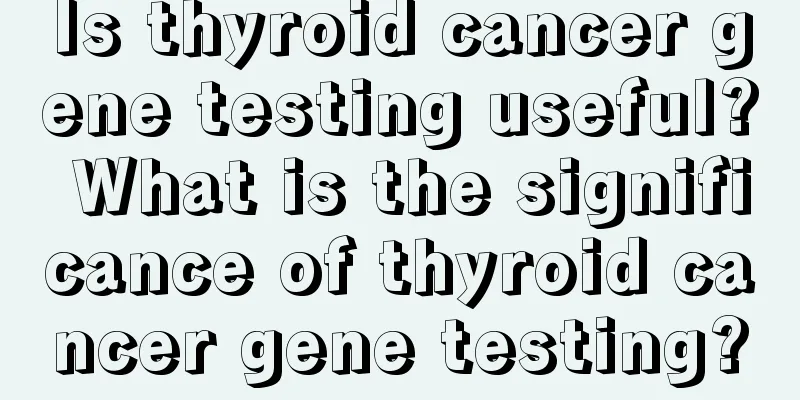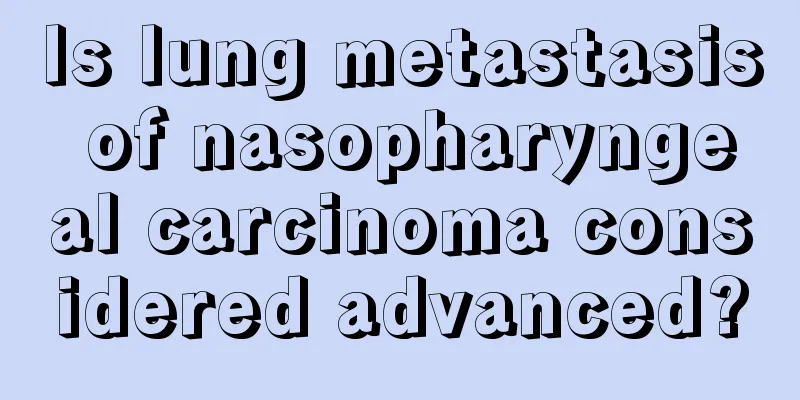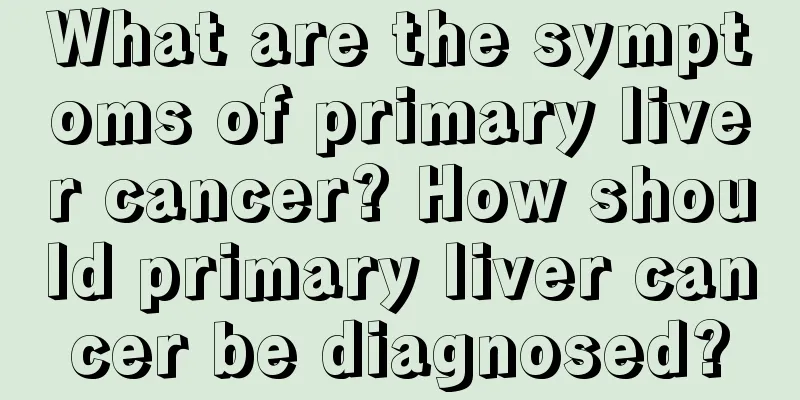Is thyroid cancer gene testing useful? What is the significance of thyroid cancer gene testing?

|
Is genetic testing for thyroid cancer useful? The harm caused by the emergence of thyroid cancer to patients and even the entire family cannot be expressed in words. Although current medical technology has made great progress and development, and cancer prevention measures have also become widely popular, there are still many people who suffer from the great torture of cancer. So, for a disease like thyroid cancer, is genetic testing useful? The preoperative diagnosis of thyroid cancer mainly relies on fine needle aspiration cytology (FNA), but some patients have difficulty in diagnosis through cytology. With the development of molecular detection technology, the detection of thyroid cancer-related genes can accurately distinguish between papillary thyroid cancer and follicular thyroid cancer for some puncture or surgical resection tissues that are difficult to diagnose, combining the test results of BRAF, RET/PTC and PAX8/PPAR genes. The significance of thyroid cancer gene testing is as follows: 1. BRAF gene mutation and RET/PTC have good specificity for papillary thyroid carcinoma. For papillary thyroid carcinoma, the overall BRAF mutation positive rate is about 45%. If the cytology test results are atypical or difficult to diagnose, but the BRAF mutation is positive, it can almost be diagnosed as papillary thyroid carcinoma. 2. For those with positive BRAF mutation, 90% are accompanied by V600E rearrangement, which is often associated with tumor progression such as thyroid tumor invasion, lymph node and distant metastasis. The latest studies have shown that such patients also have a relatively poor prognosis and poor response to iodine-131 treatment. This is mainly due to the BRAF mutation that prevents iodine-131 from entering tumor cells. In addition, it is encouraging that molecular targeted drugs such as vemurafenib, which target gene mutations such as BRAF, have brought hope to the treatment of patients with advanced papillary thyroid cancer. 3. Although Ras gene mutations are not specific to papillary carcinoma and follicular carcinoma, Ras mutations are usually combined with other types of mutations, so they are also clinically significant. If the cytology examination is "follicular lesions with positive Ras mutations", it indicates a follicular subtype of papillary thyroid carcinoma or a thyroid adenoma, and the latter is more likely to be in the transition stage from adenoma to follicular thyroid carcinoma. Gene mutation detection is the gold standard for early diagnosis, and it can detect asymptomatic carriers of mutation genes at an early stage. Of course, whether preventive resection is necessary should also be combined with relevant biochemical indicators, such as calcitonin levels. After all, after thyroidectomy, the thyroid function is lost, which can cause problems such as hypothyroidism. |
<<: Can medullary carcinoma be cured? What are the treatments for medullary carcinoma?
>>: How to prevent thyroid cancer? What are the methods to prevent thyroid cancer?
Recommend
How to massage to make the bridge of nose higher
The nose bridge is the most important part of the...
My left arm is sore and my hand is numb
The phenomenon of sore arms and numbness in hands...
How to treat edema in late stage lung cancer
Lung cancer is a lung malignant tumor with a high...
Symptoms of prostate cancer can reflect the severity of the patient's condition
Prostate cancer is a common tumor disease that ca...
How do various spots on the face form?
Spots are very detrimental to appearance. There a...
How to diagnose nasopharyngeal carcinoma patients early
Early diagnosis of nasopharyngeal carcinoma is no...
Does nasopharyngeal carcinoma develop quickly?
The development period is generally about one mon...
How to repair stitch scars?
Normally, when performing surgery, stitches are r...
What does a mole on the foot mean?
Moles are very common in the human body. Basicall...
How to distinguish hamartoma
When it comes to hospitals, we all avoid going th...
The difference between astigmatism and presbyopia
After people reach the age of 45, their eyesight ...
Is there any harm in eating goose meat?
Generally speaking, there is no harm in eating go...
Brain tissue softening
There are very important brain tissues distribute...
Which smokers will develop lung cancer? If you have these symptoms, you should pay attention to lung cancer
Lung cancer is the most common primary malignant ...
Why is pituitary tumor more common in young and middle-aged people
In recent years, the incidence of pituitary tumor...









